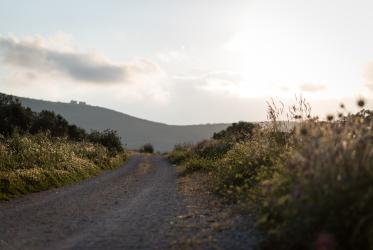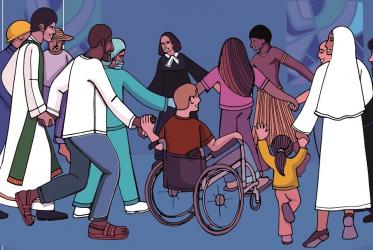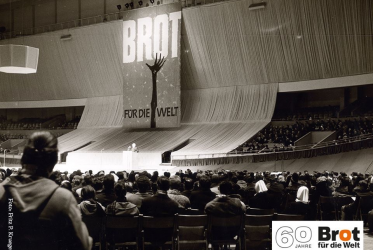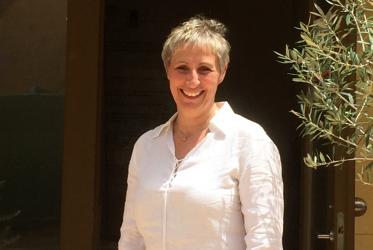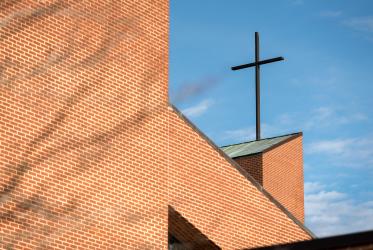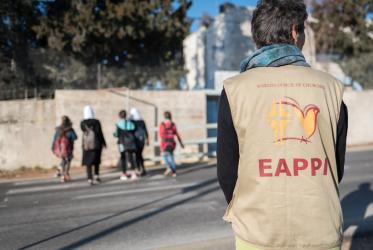Displaying 1 - 20 of 147
17 August 2022
Brazilian churches call for transformative racial justice
23 November 2020
New student body at Bossey Ecumenical Institute “a source of joy”
14 September 2020
WCC publishes two new Bible studies penned by authors from Colombia
24 February 2020
Larissa Aguiar Garcia: "We're opening a safe space”
26 September 2019
Dr Saïd Ailabouni: God is on the side of rejected, oppressed, occupied
12 September 2019
